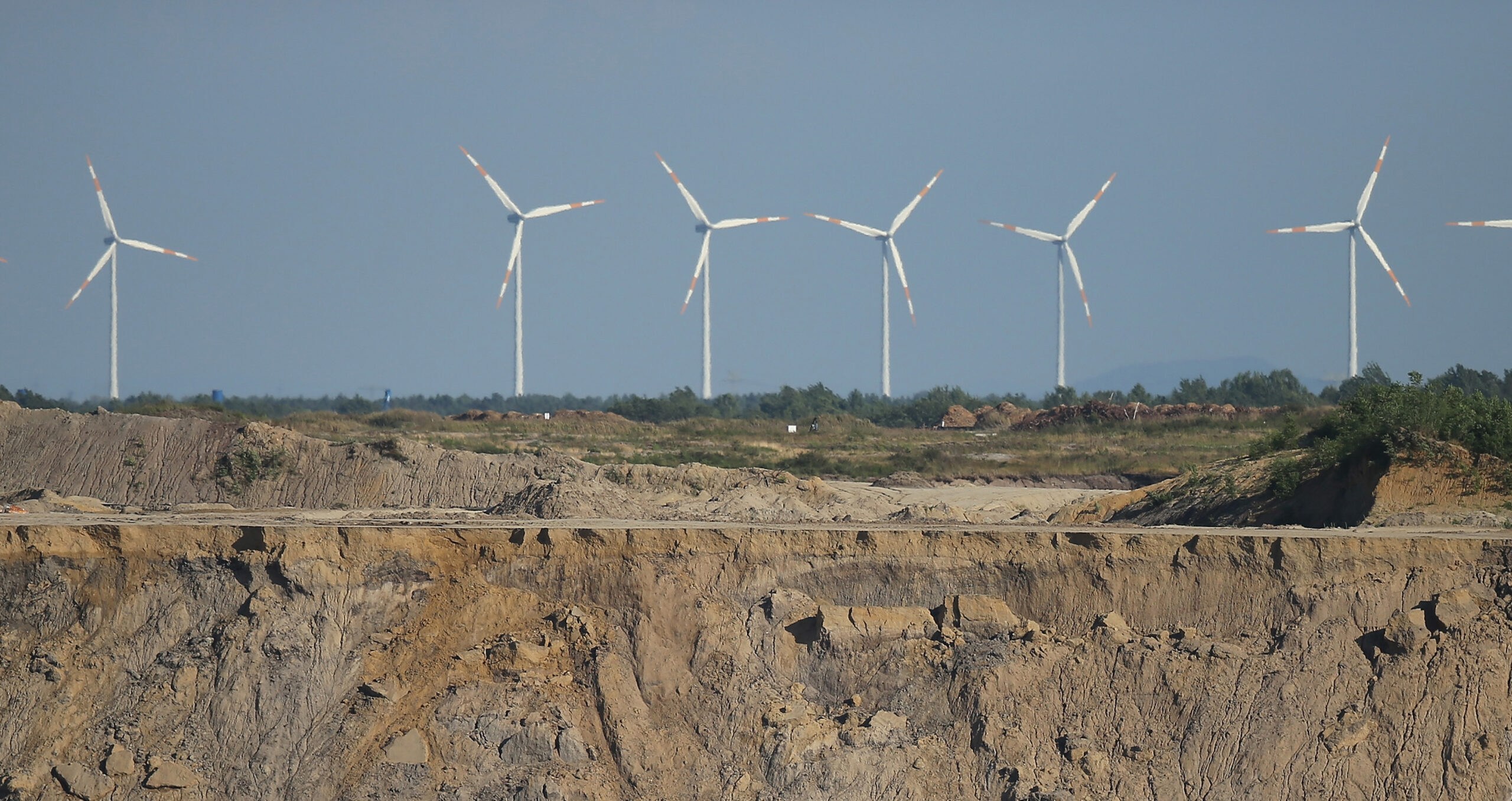
Biden climate bill: Leap forward or tainted compromise? environmentalists ask

As the US Senate considers a landmark bill, providing unprecedented funding for climate change programmes, many are asking whether its significant concessions to the fossil fuel industry are a price worth paying to get it passed.
US environmental advocacy groups are split over whether to support the Democrats’ landmark Inflation Reduction Act, due to be passed by the Senate this week.
Its supporters claim that the legislation would allocate $369bn, largely for climate and clean energy programmes, and reduce US greenhouse gas emissions by 40 per cent by 2030. But opponents are demanding that concessions to fossil fuel producers are rejected – something that could put the entire package in jeopardy.
Agreed last week, the surprise draft legislation is what has survived from US president Joe Biden’s much-vaunted $555bn Build Back Better bill. As well as action on climate emissions, the newly revised and renamed bill covers a variety of issues – including drug prices, closing tax loopholes and cuts to the federal deficit to curb inflation. Compromises were included to win the backing of conservative Democrat senator Joe Manchin, who had been able to scupper the original legislation thanks to his party’s wafer-thin majority in the Senate. Even now, it is far from certain that the bill will pass.
Rare victory
The prospect of Biden pushing through the bill is seen as a rare legislative win for the president. The Democrats argue that it will decarbonise all sectors of the economy through targeted federal support for innovative climate solutions. Among the principal climate proposals are tax credits and grants for a range of green measures.
Roughly $30bn is earmarked for grants for states and electric utilities to green the electricity supply. There is money for clean fuels and clean commercial vehicles, plus plans to reduce emissions from industrial manufacturing processes, including almost $6bn for high-emitting sectors like chemical, steel and cement.
In addition, there is $9bn for federal procurement of US-made clean technologies, including $3bn for the US Postal Service to purchase zero-emissions vehicles. And there will be a $27bn clean energy technology accelerator to support technologies to reduce emissions, especially in disadvantaged communities.
Finally, there will be the first methane fee, which penalises fossil fuel companies for excess emissions of the especially powerful climate pollutant.
Concessions made
But there also concessions that have worried some climate advocates. The recalcitrant Manchin has insisted that when it comes to fossil fuels, “all of the above” sources are crucial for US self-sufficiency in energy, and to keep prices down. Opponents say the legislative package would require the US Interior Department to offer at least 2 million acres of public lands and 60 million acres of offshore waters for oil and gas leasing each year for a decade, as a prerequisite to installing any new solar or wind energy.
On Friday, hundreds of environmental and community bodies urged Biden to ditch the provisions that would expand or support fossil fuel projects. In a letter signed by 369 organisations, the groups said that the president and the Democrats have a mandate to reject proposals in the new bill that are friendly to the fossil fuel industry, and they should take further action to wind down fossil fuel exploration in the US.
The groups say: “There can be no new fossil fuel leases, exports or infrastructure, if we have any hope of preventing ever-worsening climate crises, catastrophic floods, deadly wildfires, and more – all of which are ripping across the country as we speak. We are out of time.”
Erich Pica, president of Friends of the Earth US, echoed this sentiment, saying in a statement: “Political pressure has finally brought senator Manchin back to the table on climate. Now political pressure needs to safeguard our bedrock environmental laws. We are counting on Democratic leadership to stand firm against an unjust and doomed ‘all of the above’ [fossil fuels] strategy.”
Taking the opposite line is climate justice advocacy group Earthjustice, which has declared that the new bill will restore the credibility of the US to lead climate action on the global stage. In a statement, the group said: “The bill contains some troubling giveaways to fossil fuel interests. As a whole, however, it would be a huge step forward in the fight to preserve a livable planet and is one we need to take while we have the chance. Earthjustice is advocating for the bill’s swift passage because climate cannot wait.”
Similar Articles

Beware the ‘financialisation of the forest sector’

High Court rules, again, against UK government climate plans


